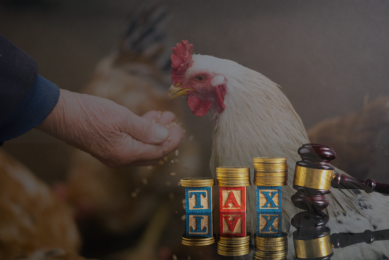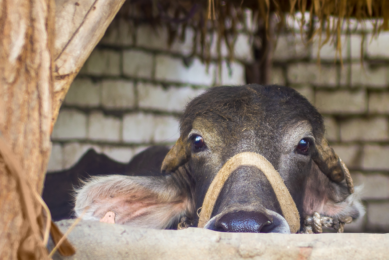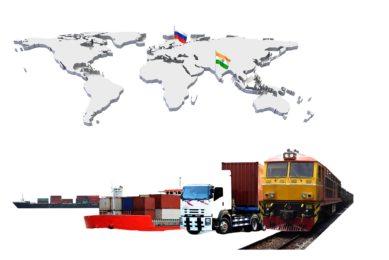Podcast: Talking Brexit and farming with Karl Schneider

Brexit has been keeping many people awake lately. We discussed this topic with Karl Schneider, editorial director for Farmers Weekly magazine in the UK who has been following the Brexit closely over the last months.
Listen to the full interview with Karl Schneider in the All About Feed podcast below.
In the absence of a Brexit deal – a so-called ‘hard Brexit’ – the UK will become a ‘third country’ to the EU on 30 March 2019. In practice, this will mean that UK companies lose access to the EU market for exports of most agricultural products, due to the introduction of import tariffs at the EU border. According to Karl Schneider, editorial director from farmers magazine Farmers Weekly in the UK, the uncertainty among UK farmers is huge. In an interview with All About Feed, Schneider explains that before the referendum, Farmers Weekly did a large poll that showed that 57% of the UK farmers planned to vote for leaving the EU, under 30% wanted to remain part of the EU and the rest of the group wasn’t sure. “You have to look at the Brexit as having an effect on the UK as a whole, not only agriculture. Although we see some major effects on certain sectors such as lamb and dairy”, explains Mr Schneider.
Third countries entering UK
A lot is written about the possible consequences for the European farming sector after Brexit. According to a new report from agrifood banker Rabobank in the Netherlands, food price inflation in the UK can be expected to rise due to the rising costs of crossing the border with the EU and a further weakening of the British pound, because the UK is a net food importer. Rabobank also thinks that the administrative burden of trading with, or having operations in, both the EU and the UK will rise. Customs controls will not only lead to higher costs of border crossing, but time spent at the border will also increase, which is detrimental for the quality and value of fresh produce. The degree to which third countries will enter the UK market after Brexit will also depend on international market developments. For example, in the past few years, New Zealand did not fill its EU import quota for lamb meat and dairy products, despite the fact that it can enter the EU (and thus the UK) at zero tariffs under these import quota. Also, the growing import demand for pork in China as a result of the swine fever problems may draw more pork to China – this means the UK is certainly not the only option for countries looking for export markets.
Ireland: A sensitive issue
A highly sensitive issue will be the border crossing between the Republic of Ireland and Northern Ireland, as the ‘hard Brexit’ scenario entails a hard border between the 2. The Rabobank report also states that a significant volume of grains currently processed into ethanol might come available on the UK market, depending on the future support to ethanol in the UK.
The next key Brexit debate in the House of Commons is scheduled for tomorrow (Tuesday January 29).
Subscribe here to the All About Feed podcast channel on Soundcloud.











